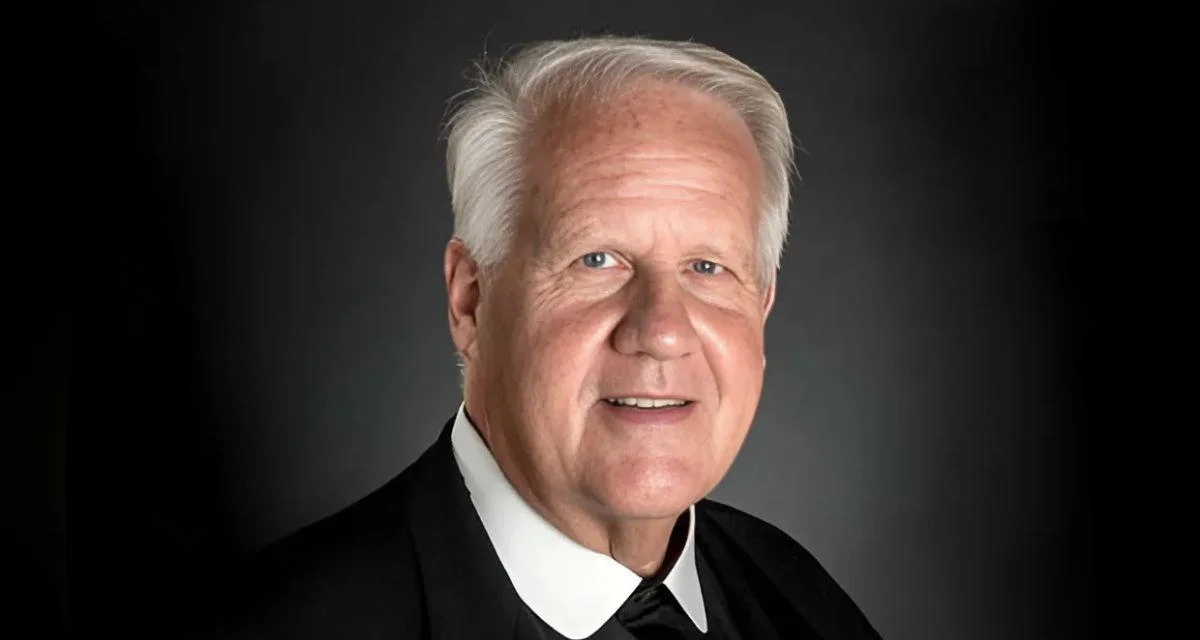
Bishop Thomas John Paprocki | Diocese of Springfield
What are the five covenants in the Bible?
Erin In Springfield
Although many scholars identify five covenants in the Bible, I am going to add two more identified by Scripture scholar, Dr. Scott Hahn. The information I will share can be found in Hahn’s textbook he authored for high school theology study, Understanding the Scriptures: A Complete Course on Bible Study (The Didache Series) by Midwest Theological Forum.
Before I begin, it is important to remember what a covenant is. Unlike a contract which is an exchange of agreements, a covenant is an exchange of persons. The most common covenant with which we are familiar is the covenant of matrimony. Biblically, covenants are important because they establish bonds of sacred kinship. A covenant unites persons into a relationship of family.
Each of God’s seven covenants (seven representing “completeness”) is made through a covenant mediator, and each covenant takes the form of a wider social relationship.
Adamic Covenant: In Hebrew, the name “Adam” refers to the whole human race. From this first covenant all the other covenants derive. The covenant mediator is Adam. Adam’s covenant role was “husband.” The covenant form was marriage, and the covenant sign was the Sabbath.
Noahic Covenant: God established a covenant with Noah and his descendants to never again flood the earth destroying all life. Noah’s covenant role was “father.” The covenant form was with Noah’s household. The covenant sign was the rainbow.
Abrahamic Covenant: God established a covenant with Abraham that he would make a great nation of his descendants through which the whole world will be blessed. On his part, Abraham had to leave the land of his youth and enter into the land promised to him. Abraham’s covenant role was “tribal chief.” The covenant form was tribe, and the covenant sign was circumcision.
Mosaic Covenant: God established a covenant with Moses in which the Jewish people are freed from slavery and become God’s special possession. Not only will they be blessed, but God will claim them as his very own. Moses’ covenant role was “judge.” The Covenant form was “nation,” and the covenant sign was Passover.
Davidic Covenant: God established a covenant with David that the Messiah will come from David’s descendants. David’s covenant role was “king.” The covenant form was “national kingdom,” and the covenant sign was the throne.
New Covenant through Jesus: God promised through the prophet Jeremiah to establish a new covenant which was then fulfilled in Jesus. We might call this the Eucharistic Covenant. Jesus is the covenant mediator. Jesus’ covenant role is “royal high priest.” The covenant form is the Catholic Church, and the covenant sign is the Eucharist.
Covenant Consummation: The Wedding Feast of the Lamb. At the end of time, there will be a seventh covenant for all eternity. Finally, God is all in all!
Father Tom Meyer is pastor of Blessed Sacrament Parish in Quincy.
---



 Alerts Sign-up
Alerts Sign-up